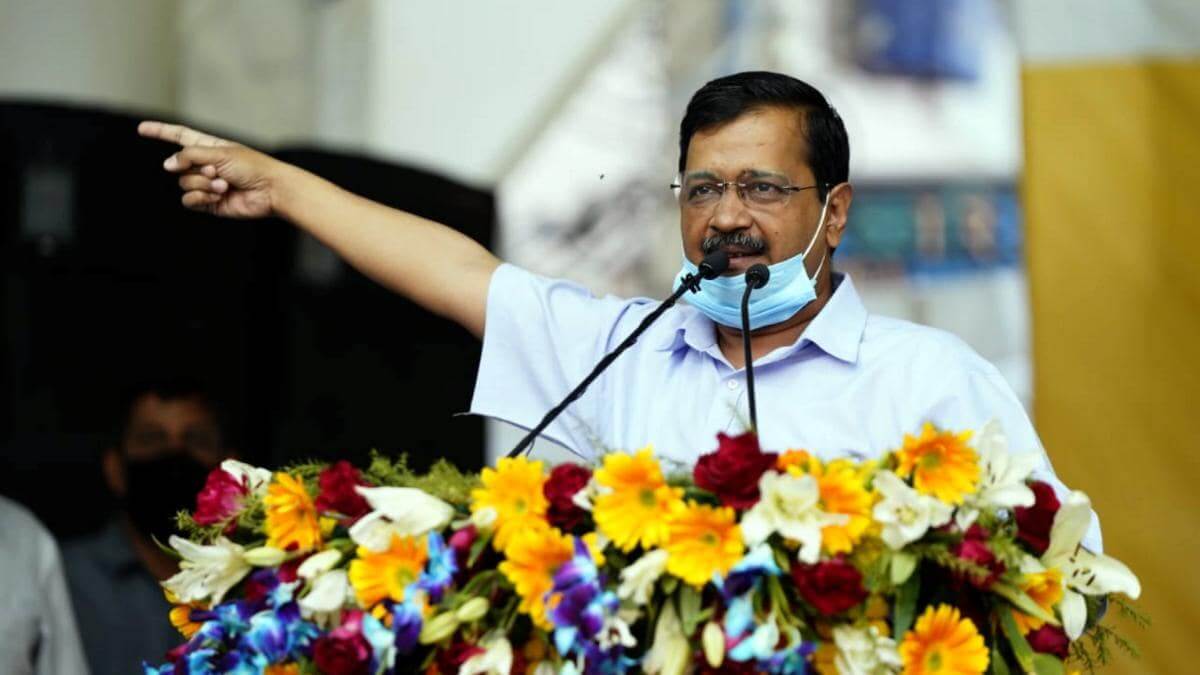On Monday, on behalf of the Indian Ministry of Home Affairs, Union Minister of State for Home Affairs G. Kishan Reddy presented a bill in the Lok Sabha, the Parliament’s lower house called the National Capital Territory of Delhi (Amendment) Bill, 2021. The Bill brings crucial changes to the governance structure in the capital city and skews the power dynamic to increase the Centre’s role in decision-making for the NCT.
To begin with, the Bill seeks to amend the meaning of “government” in the law from the “State government” to the Centre-appointed Lieutenant Governor. Consequently, it empowers the Lieutenant Governor to make critical decisions in matters that the State’s legislative assembly has control over currently. Moreover, the Bill also requires the Council of Ministers or the Delhi Cabinet to “necessarily grant an opportunity” to the Lieutenant General to give their opinion on any policy decision taken by the Cabinet. Currently, the State’s Cabinet is required to “aid and advise” the Lieutenant Governor, which essentially awards a majority of the decision-making power to the State legislature. However, the Bill seeks to reverse this, making the Lieutenant Governor the primary decision-making authority in the region.
While the statement published by the Ministry of Home Affairs urged that the Bill would promote harmony between the legislature and the executive in Delhi, it has instigated a significant backlash from political leaders from opposition parties. Unsurprisingly, the strongest critic of the Bill was Aravind Kejriwal, the Chief Minister of Delhi and the leader of the Aam Admi Party, who called the proposal “unconstitutional” and undemocratic. Kejriwal expressed concern about the Bill as it sought to “drastically curtail” the powers of his government, which was democratically elected by the people of the NCT.
Kejriwal’s deputy, Manish Sisodia, also criticised the Bill, saying that it would act as a major obstacle for Delhi’s progress and could be used by the ruling party to incapacitate the State government. Thus, he argued that if the Bill is passed, elections and the elected government in Delhi would be irrelevant and meaningless.
This sentiment was also supported by Omar Abdullah, the former Chief Minister of Jammu and Kashmir, who said that State authorities in New Delhi, who have been elected by the people of the region, must continue to be the primary decision-makers for all critical issues. Taking to Twitter, he said, “In spite of AAP’s support for the dismemberment & downgrading of J&K in 2019, we still condemn this assault on the powers of the elected government of Delhi. Delhi deserves to be a full state with all powers exercised by the elected government & not a nominated LG”. Other political leaders from the Indian National Congress, the main opposition party in the country’s Parliament, also opposed the Central government’s decision.
The Indian capital city New Delhi, a Union Territory (UT), is unique. Unlike other UTs in the country, it has had its own legislature since 1991. Hence, while it is officially a UT, its government enjoys powers similar to those of State governments. As a result of this law, all issues, except public order, police, service, and land, are in the hands of the Delhi government and not the Central government.
However, since the emergence of the Aam Admi Party, which currently holds control over the New Delhi region, there has been a constant power struggle between the Centre and the State governments, both of which are looking to enhance their power in the region. One of the key electoral promises made by the Aam Admi Party was to secure complete statehood for New Delhi, which would effectively diminish the control of the Central government in the region. However, the two sides had seen a slight improvement in relations through the COVID-19 pandemic, with both the Centre and the State working together to control the spread of the virus in the capital region. Nevertheless, this announcement is likely to revive tensions and restart the power tussle.

